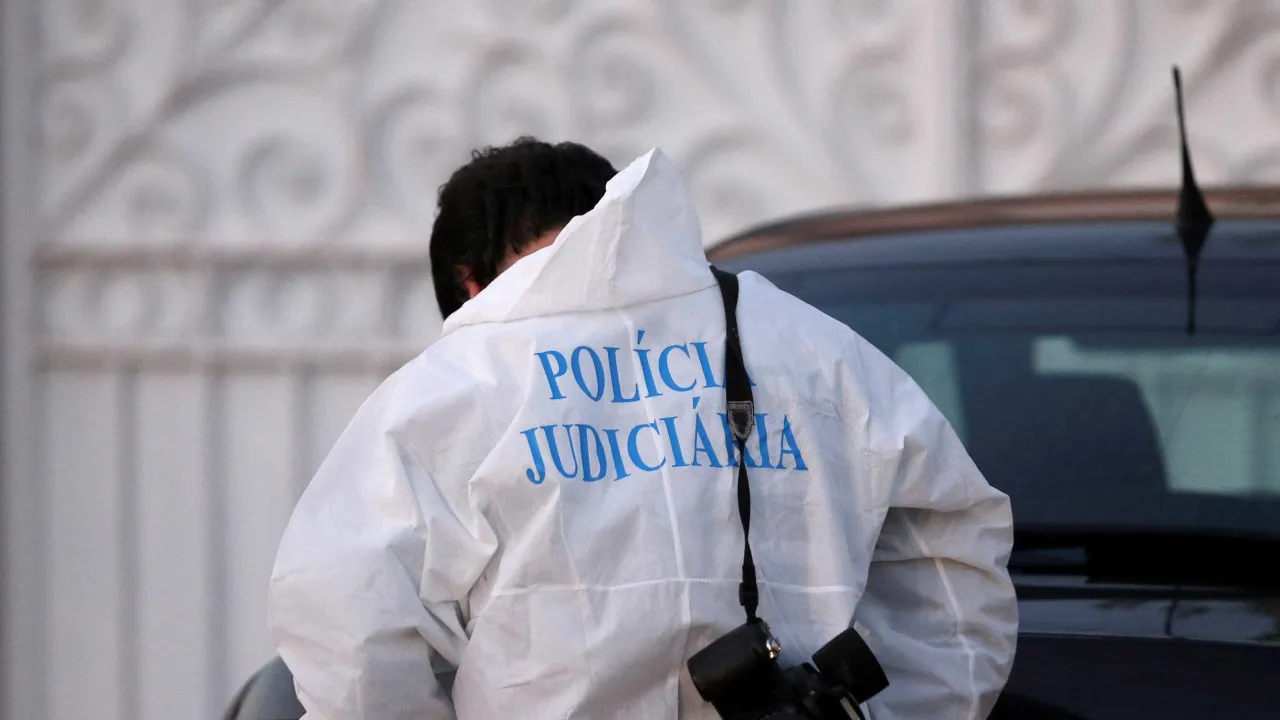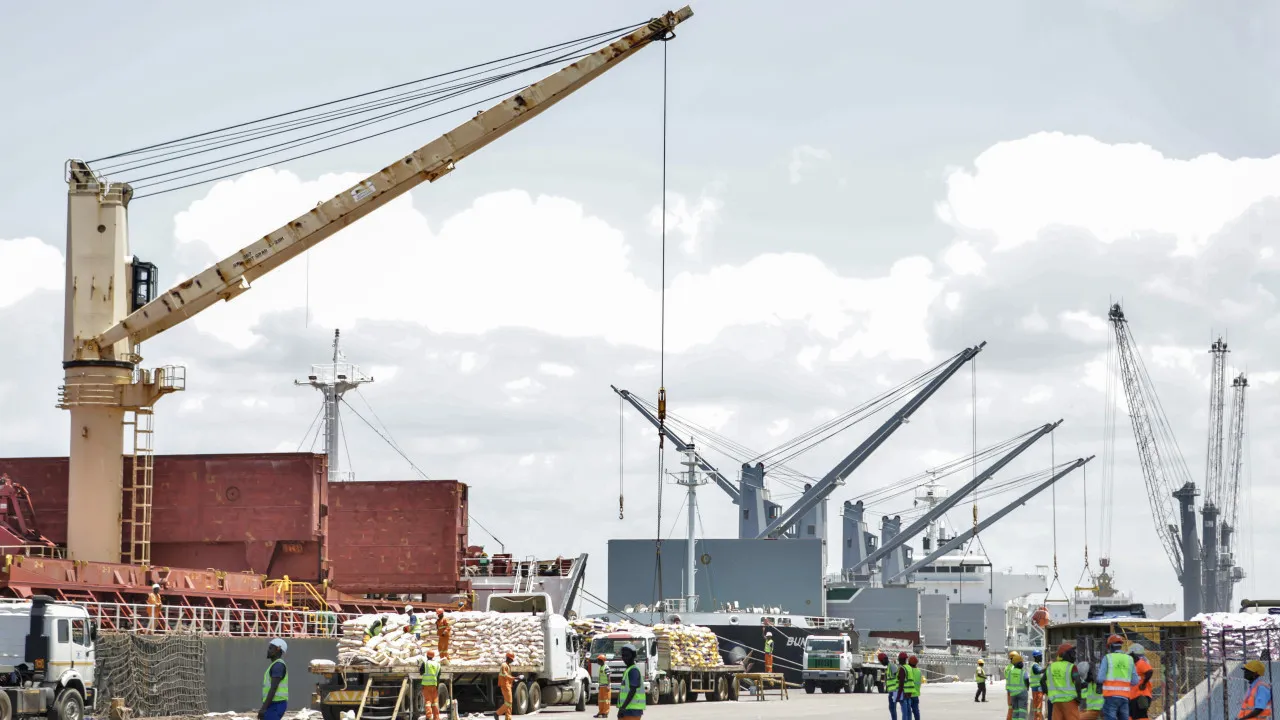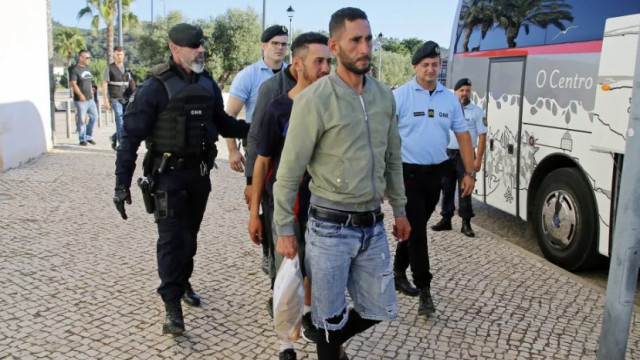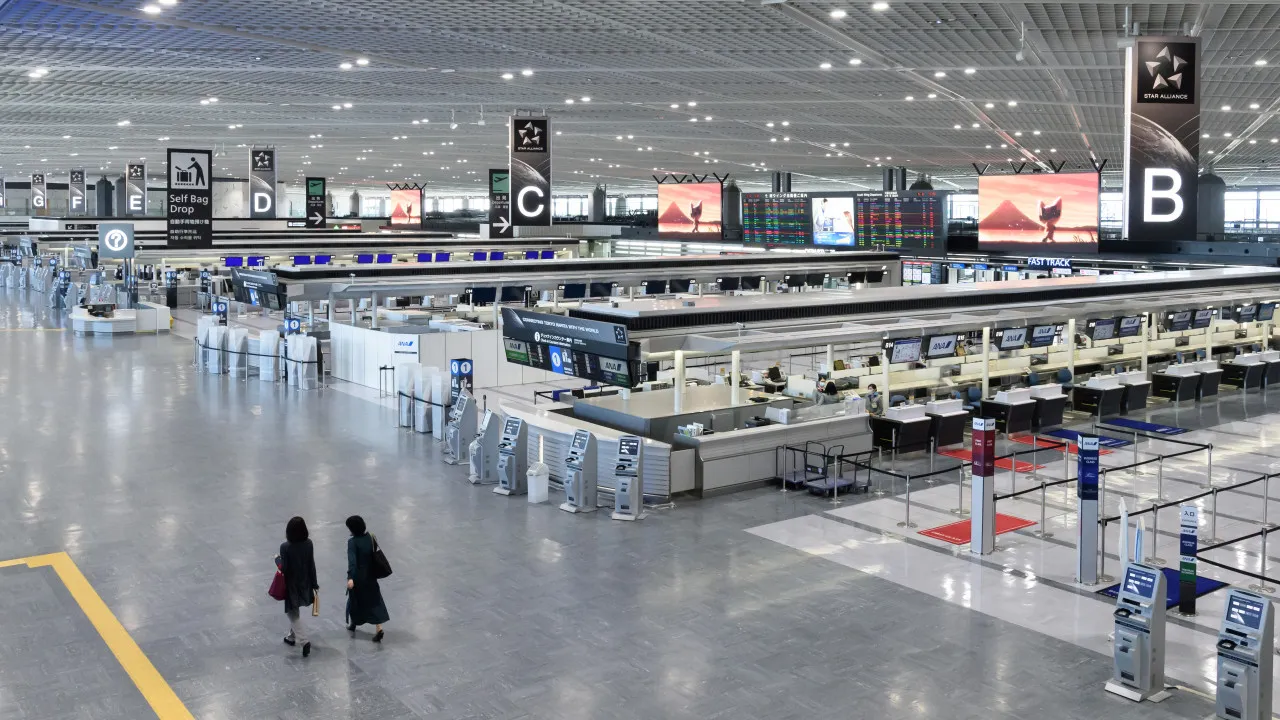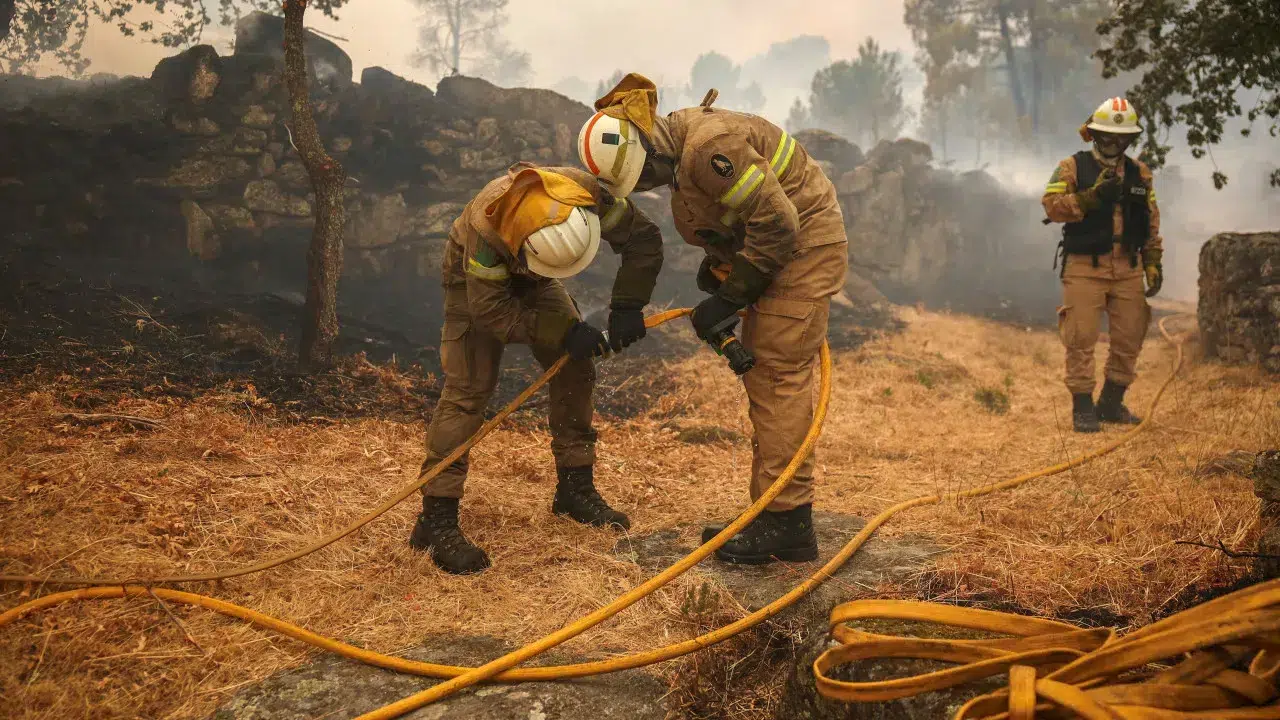
José Ribeiro, the deputy national commander of the National Authority for Emergency and Civil Protection, during a daily briefing on fires at the headquarters in Carnaxide, Oeiras, highlighted the fires in Piódão, Arganil, and Sátão as the most concerning among seven active fires.
A total of 2,516 personnel were engaged in the operations, supported by 720 vehicles and aerial resources which had completed 135 missions by 5 p.m.
Apart from the fires in Piódão, Arganil, and Vila Boa, Sátão, Ribeiro mentioned that the other five significant incidents were located in Vila Real, Trancoso, Tabuaço, Viseu, and Vinhais.
The seven incidents involved 2,261 personnel, supported by 733 vehicles and 28 aerial resources.
There were 50 incidents under resolution this afternoon, involving 1,017 personnel with 301 vehicles and six aerial resources.
In total, about 3,200 personnel were involved in both active and resolving incidents.
It was also decided to extend the special readiness status level four until the end of the day on the 18th, with the alert situation in effect at least until the end of Friday.
Ribeiro reported that by 5 p.m., four personnel had been attended to and seven were hospitalized. Among these, three firefighters from Macedo de Cavaleiros were involved in a vehicle accident. None of the injuries were severe.
Appealing for public cooperation with authorities, Ribeiro cautioned that these are highly complex fires, evolving rapidly and posing risks to people and property, emphasizing that “every precaution is necessary.”
He also highlighted the “very complex meteorological conditions” and the “severe summer” affecting the entire Mediterranean basin, reiterating the call for public cooperation.
When asked about the cause of the high burned area statistics, he chose not to blame any specific failure, instead focusing on the “complexity of the incidents,” with temperatures above 40 degrees and very low humidity levels, noting that even the night did not aid in firefighting efforts.
[Updated at 8:53 p.m.]

